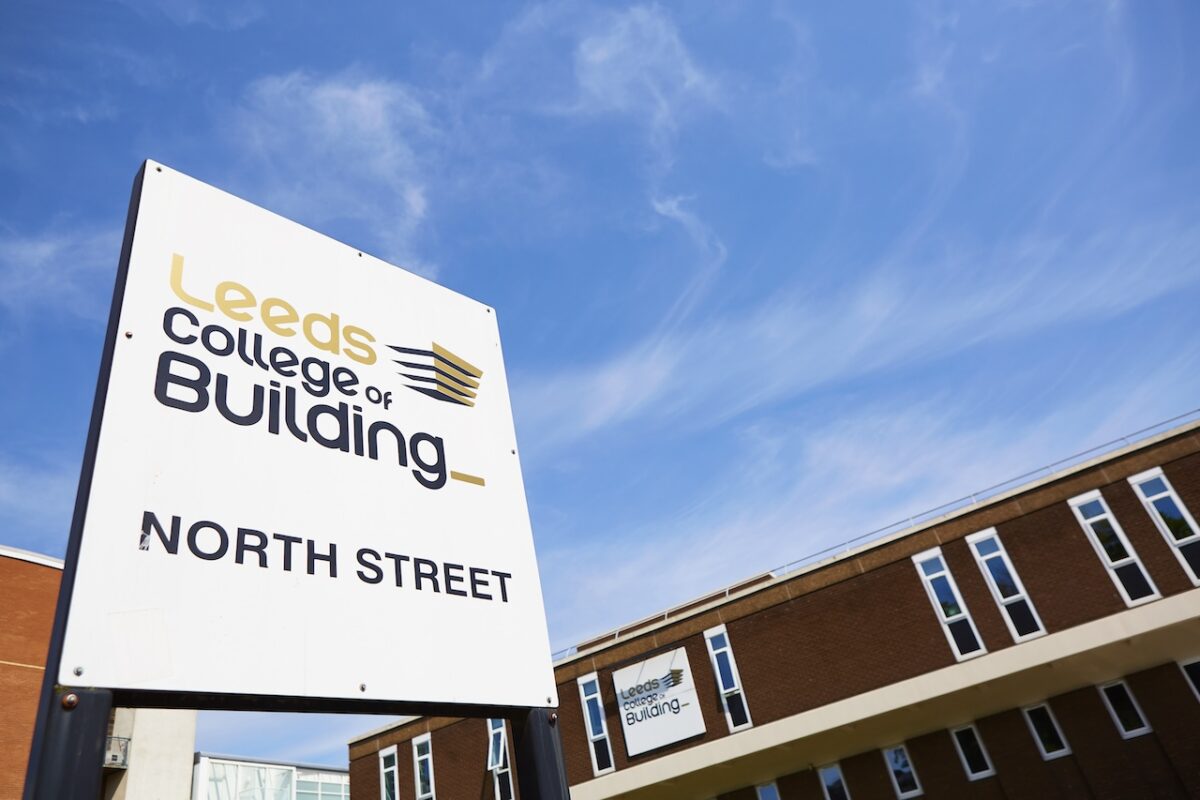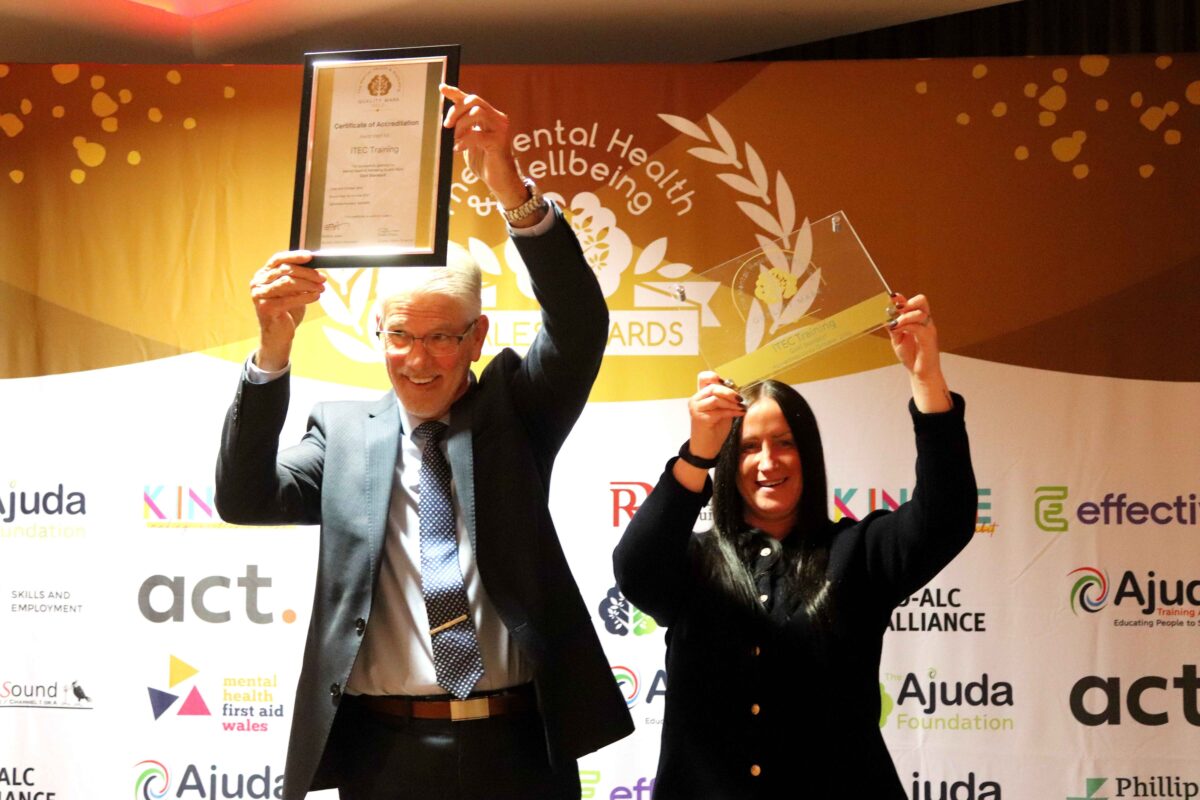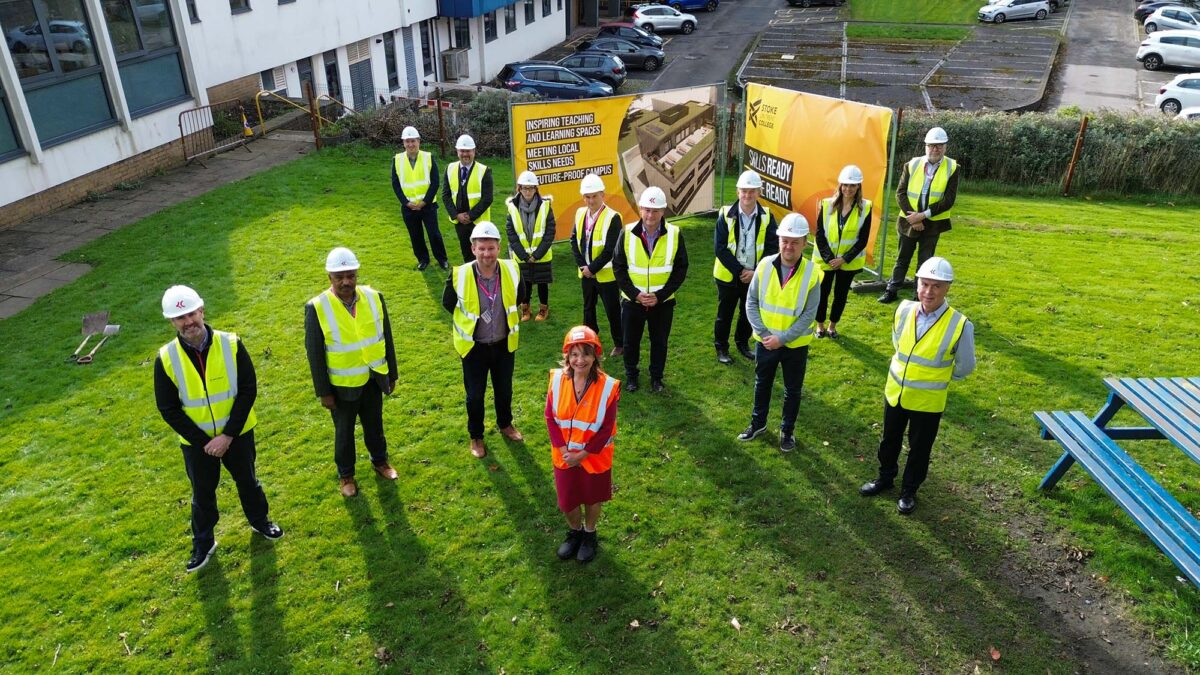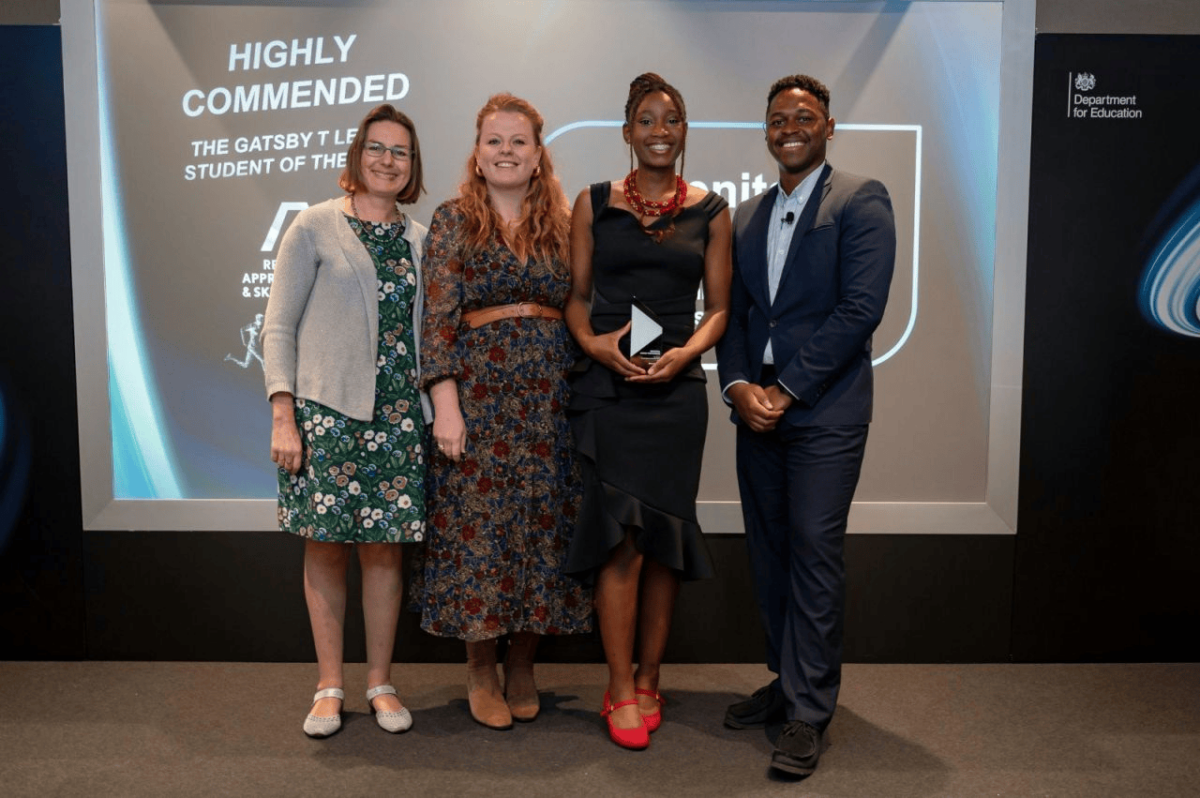Two thirds of young people fear they won’t get their ‘dream job’

Career despair of teenagers revealed as a national poll commissioned by Teach First shows only around one third of 16-to-18-year-olds feel confident they will work in their dream job.
As thousands of young people wait to receive their GCSE results tomorrow, many are “unoptimistic” about their future job prospects – in stark contrast to the 93% of children aged 10 to 11 who believe their career dreams will be realised.
The reasons most cited by 16-to-18-year-olds for their startling collapse in confidence in landing their dream job were they “weren’t clever enough” (23%) and “didn’t know how to get into it” (20%).
More than 4,000 children and young people were surveyed in the OpinionMatters poll commissioned by Teach First, with those from the poorest backgrounds twice as likely to feel unoptimistic about their future career opportunities compared to the most affluent 16-to-18-year-olds.
Teach First CEO Russell Hobby said:
“Getting your GCSE results and choosing your next steps should be an exciting time, but this polling shows that young people from low-income backgrounds are much less hopeful about their future career chances.
“We know that teachers have a big influence on empowering young people to get the results and opportunities they deserve, but we have a serious shortage of teachers, especially in schools serving low-income communities.
“One way we’re tackling this is by offering people who join our Training Programme financial support to relocate or commute to schools in low-income areas.”
In addition to financial support for teachers, Teach First is making a series of recommendations to improve careers education, such as investment in primary schools, and encouraging more employers to offer work experience, so that the confidence of younger children is matched by opportunities that help them get into their dream jobs later in life.
In the OpinionMatters poll, less than half (47%) of those from the lowest-income backgrounds said their school was able to help them arrange work placements, compared to nearly two-thirds (64%) of those from the most affluent backgrounds.
David Lees, Executive Principal of Clacton Coastal Academy (CCA), a Teach First partner school in Clacton-on-Sea, Essex, said:
“This is a really exciting time for our Year 11 pupils, and I am super-proud of each one of them.
“At Clacton Coastal Academy, our careers provision, from Year Seven to Year 13, is extremely strong and supports pivotal points of their education, including their GCSEs, and beyond.
“We know that the destination is key for our pupils. We want all of them to go onto a career they love and thrive in. Our role is to inspire and enable our students to achieve great things and find their remarkable futures.”











Responses